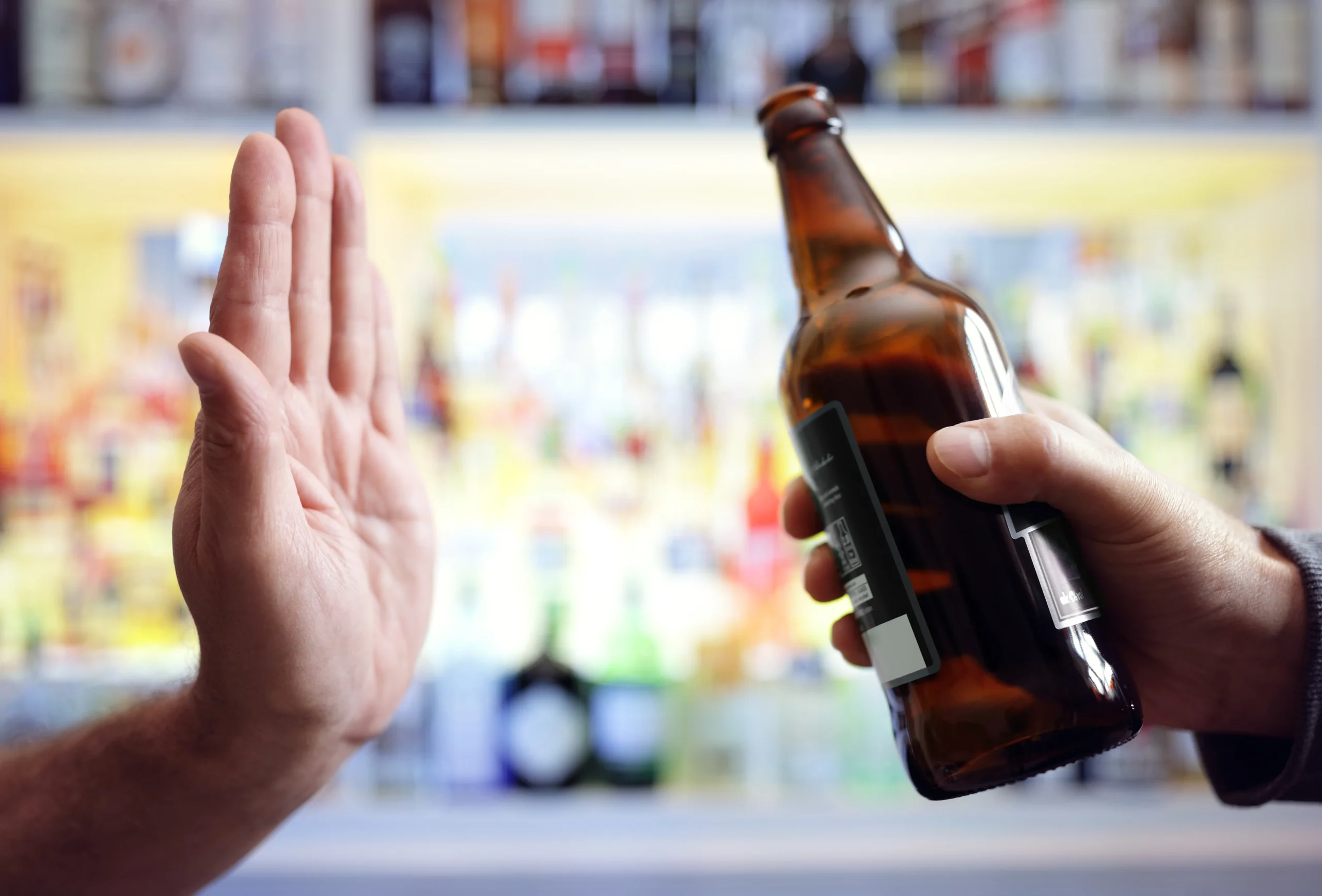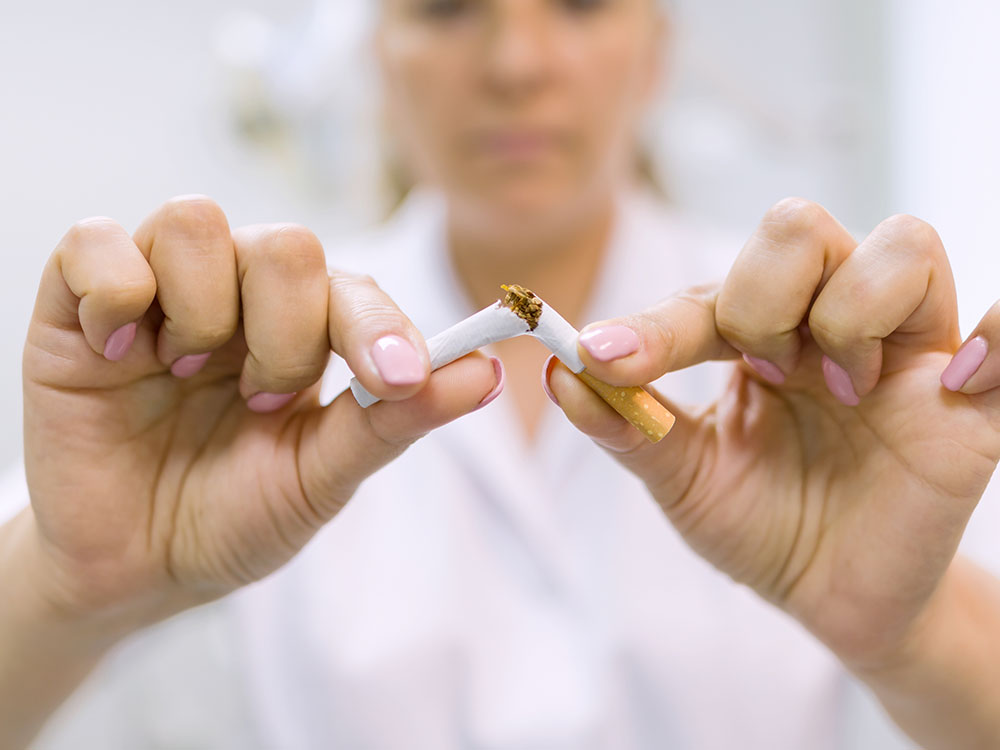I was a functional Alcoholic
My normal day would run like this, I would get up and get ready for work, (I have a high powered job working as a civil servant), the normal family pressures getting the kids ready for school before I head off to do my job, up early and to bed late. It was all just part of the normal everyday routine until back in late February the dreaded Covid19 had kicked in.
The panic was on the nation, the routine was about to go out the window, the panic was setting in, our bosses asking us to work from home. No school for the kids my wife was making a list of the odd jobs she needed doing, my nerves were shot quick enough.
o the first few days of this had passed and I went to the shop to get the shopping done, I seen a beautiful bottle of wine on special offer so I said sure I would buy it to try it. I wasn’t driving anywhere tomorrow anyway. I got home and I decided sure no time like the present, so I had the bottle of wine and I really enjoyed it.
Ah sure who’s counting?
So I drank the wine and headed off to bed got up the next morning and started doing the same old routine getting work ready etc. and my day went as planned, a bit tired from the bottle of wine I had a good 3/4 glasses of it depending on the sizes of the glass, ah sure who’s counting, lockdown had arrived so that night I went to the shop and I purchased another bottle ready for the night I managed to clock out of work a few minutes earlier to have a sneaky glass of red.
I was on the pigs back my new bar had moved into my kitchen everything at the ready, no one calling last orders I was flying it. Getting up the next day, getting ready for work, getting the kids ready, nothing had changed bar me drinking a bottle of wine on a nightly bases maybe adding in the odd whiskey chaser, sure who’s counting. The work week was getting shorter and I was rewarding my extra work with more wine and whiskey I was flying it
Hiding the Problem
More than once I nearly went expressway down the stairs from drinking too much. The cabinet was full of alcoholic drinks sure it was dirt cheap in the supermarkets. I was buying it in bulk we often heard the negative news of lockdown, I was topping up the cupboard my wife and kids didn’t realize I had become so fond of the drink sure the work was being done.
I was still the same old me just getting better at hiding my problem. I’m no different to anyone else, I got stuck in a rut, my mental health was suffering the booze was my comfort blanket, my turn off switch, my escape. It started with a random bottle and it eased away my pain for a short while but what it fixed short term damaged me and my family long term, the binge aspect of it was so damaging
Of course, there were the early warning signs which I missed that are so obvious now with hindsight.
If alcohol abuse is suspected, there are a few signs that can indicate there is a problem.
Possible signs of a functioning alcoholic may include:
- If a person drinks alcohol to replace eating food.
- angry or defensive reactions when someone brings up the possibility of alcoholism.
- not being able to remember what happened while under the influence of alcohol.
- setting drinking limits and failing to stick to them.
- participating in “pre-drinking” before an evening out.
- attempting to hide drinking from others.
- drinking in the morning, throughout the day or while alone.
- joking about the possibility of being an alcoholic.
Alcoholism is a disease that slowly develops over time, not all at once. While everyone may experience this progression differently, there are four common stages people go through when becoming a functional alcoholic.
The stages are :
Stage #1: Occasional Alcohol Abuse and Binge Drinking
The first stage of alcoholism is a general experimentation with the substance. Individuals in this stage may not be familiar with different types of alcohol, so they are more likely to test their limits.
This stage of alcoholism is often defined by the goal of “drinking to get drunk.” People who abuse alcohol often use it to self-medicate and escape negative thoughts and feelings. This is how problem drinking starts.

Usually, people in the first stage of alcoholism are not drinking every day, and they are still able to perform daily activities. Although drinking may not consume their thoughts, they may need to drink more to reach the desired level of intoxication.
During this stage, someone may believe they are still functioning because they have a job and they are successfully maintaining relationships. This isn’t true, because after they consume their first alcoholic drink, they usually struggle to control their drinking
The first stage of alcoholism is a general experimentation with the substance. Individuals in this stage may not be familiar with different types of alcohol, so they are more likely to test their limits.
This stage of alcoholism is often defined by the goal of “drinking to get drunk.” People who abuse alcohol often use it to self-medicate and escape negative thoughts and feelings. This is how problem drinking starts.
Usually, people in the first stage of alcoholism are not drinking every day, and they are still able to perform daily activities. Although drinking may not consume their thoughts, they may need to drink more to reach the desired level of intoxication.
During this stage, someone may believe they are still functioning because they have a job and they are successfully maintaining relationships. This isn’t true, because after they consume their first alcoholic drink, they usually struggle to control their drinking
Stage #2: Increased Drinking as a Coping Mechanism
The second stage of alcoholism is defined by the mental obsession with the next drink. Many people consume alcohol in order to relax and unwind. But those struggling with alcohol abuse may see drinking as the only way to relieve stress.
Over time, other coping skills will fade away and all negative thoughts and feelings will be addressed by drinking alcohol. At this point, people may not be physically addicted to alcohol, but they may be psychologically dependent on it.
During this stage, outward appearances don’t change much, but individuals may be routinely hungover. This is often justified by saying they just like to “cut loose and party.”
Stage #3: The Consequences of Problem Drinking Start to Show
The third stage of alcoholism is usually identified when others begin to show concern for someone’s drinking habits. For those struggling with alcohol abuse, stage three is all about managing the consequences of their drinking.
Individuals in this stage of alcoholism may try to set boundaries for themselves, but they will be unable to stick to them. Possible boundaries can include telling themselves, or someone else, they will only have a certain number of drinks and then stop, or they will drink only beer instead of hard spirts AND SO ON.
Stage #4: Physical Changes
Once someone hits stage four, their bodies are not what they used to be. When they examine themselves in the mirror, they may not recognize themselves. Common outward changes may include flushed skin and a distended stomach or “beer belly.”
They may not be aware, but alcohol is affecting their bodies internally as well. Possible physical side effects include increased blood pressure and liver damage.
In the morning, their hands may shake, and they may experience frequent heartburn.
During this stage, individuals are drinking every day, usually to avoid uncomfortable withdrawal symptoms. However, many people still believe they are “functioning” because they can get up and go to work. Although they still have a job, their performance is probably not what it used to be. They may also feel like it takes everything they’ve got to feel and act normal.
Finding the right Help for Alcoholism and Functioning Alcoholism
Identifying the early stages of alcoholism can help prevent dependence and quitting. Some individuals may need additional help breaking their quitting to alcohol.
No matter what stage of alcoholism someone is currently experiencing, there is hope to get through their alcohol quitting. Medically supervised detox followed by an inpatient treatment program can increase the likelihood of successful recovery and help people regain control.
For more information on this call Advance Hypnosis to discuss further how to help you deal with the following Depression and Anxiety
Prolonged alcohol abuse can also affect someone’s emotional state, causing them to feel depressed and anxious. When alcohol becomes the only way someone copes with stress or unhappiness, drinking to excess can amplify any negative emotion with hypnotherapy we can help you combat this issue
After all I am your typical married man with a wife and three kids, my name is Paul and I went to Advance Hypnosis to help me with my problem this can be you and its normal. Thankfully with the help of hypnosis I was able to avoid having to enter an inpatient quitting program to dry out.
I was very lucky to have found help with Advance Hypnosis, where I did Hypnosis for Alcohol Quitting Therapy with Breandan to help me quit the drink. It was so easy with hypnosis and it was a respectful non-judgemental environment.
If you are reading this and it sounds all too familiar to you, I hope my account of what happened to me and happened so quickly will give you the courage to make a decision to get this help and to make change.










